Vienna: A Historical Hub for Literary and Artistic Gatherings
Vienna has long been renowned as a crucible for literary and artistic endeavors, particularly during the late 19th and early 20th centuries. This era, often referred to as the golden age of Viennese coffee house literature, saw the city’s coffee houses become vibrant hubs where writers, poets, and artists congregated to exchange ideas and create lasting works of art. The literary scene in Vienna was profoundly influenced by these establishments, which provided a conducive environment for intellectual discourse and creative output.
Among the luminaries of Viennese coffee house literature were Stefan Zweig, Karl Kraus, and Peter Altenberg. Stefan Zweig, a prolific writer known for his biographies and novellas, frequently found inspiration within the walls of these coffee houses. Karl Kraus, a satirist and playwright, utilized the stimulating ambiance of these venues to craft his sharp critiques of contemporary society. Peter Altenberg, a poet and essayist, captured the ephemeral beauty of everyday life in his writings, often composed amidst the bustling conversations of Vienna’s coffee houses.
These literary figures were not only pillars of Viennese culture but also contributors to a broader cultural movement that positioned Vienna as a pivotal center for the arts. The tradition of hosting intellectual and artistic gatherings continues to this day, supported by institutions such as the Vienna Convention Bureau. This organization plays a crucial role in perpetuating Vienna’s legacy by facilitating various cultural events, conferences, and literary gatherings, thereby ensuring that the city remains a vibrant forum for artistic and intellectual exchange.
The rich history and ongoing tradition of literary and artistic gatherings in Vienna underscores its significance as a cultural hub. The city’s coffee houses, once the epicenters of literary creation, continue to symbolize Vienna’s enduring commitment to fostering a dynamic and inclusive cultural landscape.
The Bosnian Poets: A Glimpse into the Creative Minds
At the heart of the poetic gathering in Vienna were the luminaries from Bosnia, each bringing their unique voice and perspective to the event. Fadila Alic, known for her evocative and emotive poetry, has been a significant figure in contemporary Bosnian literature. Her works often explore themes of identity and the human condition, resonating deeply with readers.
Sonja Henisch, another notable poet, has been celebrated for her poignant and reflective verse. Her poetry navigates the complexities of life, weaving intricate tapestries of emotion and experience. Jovica Letic and Mara Letic-Geljic, a dynamic duo, contribute a rich blend of individual and collaborative works, their poems often reflecting a deep connection to their cultural roots.
Maja Epp and Dmir Saracevic bring a modernist flair to the collective, with Maja’s poetry characterized by its innovative structure and Dmir’s by its profound thematic depth. Susanne Roedl and Mediha Sehidic add to the diversity of voices, with Susanne’s work often drawing from personal narratives and Mediha’s from historical contexts.
Azra Hodzic-Kadic and Margit Sazer, both prolific in their output, offer a blend of traditional and contemporary styles, enriching the poetic landscape with their versatility. Melisa Slipac’s youthful exuberance contrasts beautifully with Behija-Biba Saracevic-Muratovic’s seasoned insights, each poet bringing their distinct flavor to the mix. Finally, Samir Elezovic’s contributions are noteworthy for their lyrical beauty and philosophical undertones.
The event’s success was further ensured by the adept moderation of Amila Hadzis, whose insightful questions and comments provided a deeper understanding of the poets’ works. The organization by Azra Merdzan and the Women Forum Mimoze was instrumental in bringing these creative minds together, fostering a space for cultural exchange and mutual appreciation.
The Event: A Celebration of Poetry, Music, and Culture
The event held in Vienna’s picturesque park was a profound celebration of poetry, music, and culture. The serene setting, with lush greenery and the gentle rustling of leaves, provided a perfect backdrop for this unique gathering. The atmosphere was charged with a sense of anticipation and excitement as poets and enthusiasts from Austria and Bosnia came together to share their love for the written word.
As the event commenced, the air was filled with melodious tunes from local musicians, creating an auditory tapestry that complemented the poetic recitations. The integration of music, songs, and dance added a dynamic layer to the event, making it a multi-sensory experience. Traditional Bosnian and Austrian rhythms intertwined, symbolizing the harmony between the two cultures.
Food stalls adorned the park, offering a delightful array of local delicacies, sweets, and drinks. Guests were invited to indulge in these treats, fostering a friendly and communal atmosphere. The spontaneous invitation extended to park visitors ensured that the celebration was inclusive, welcoming anyone who stumbled upon this cultural feast.
The highlight of the event was the introduction and recitation of poetry books by both Austrian and Bosnian poets. Each poet brought their unique voice, exploring themes of identity, love, and heritage. The audience was captivated by the eloquence and emotional depth of the recitations, finding common ground in the universal language of poetry. The exchange of literary works between the poets underscored the event’s theme of cultural enrichment and mutual respect.
Overall, the event was a testament to the power of art and culture to bridge divides and foster understanding. Attendees left with a sense of fulfillment, having experienced a rich tapestry of artistic expression and human connection. The confluence of Austrian and Bosnian poets in Vienna was not just a meeting of minds but a celebration of shared humanity.
The Impact: Fostering Connections and Inspiring New Works
The confluence of Austrian and Bosnian poets in Vienna is more than just a meeting of minds; it is a significant cultural event with the potential to profoundly impact both literary communities. Such gatherings are fertile grounds for fostering meaningful connections, as poets from different backgrounds come together to share their unique perspectives and experiences. These dialogues can lead to a deeper understanding and appreciation of each other’s literary traditions, creating a rich tapestry of cultural exchange.
One of the most promising outcomes of this event is the inspiration it can provide for new literary works. When poets immerse themselves in diverse poetic expressions and narratives, they often find new muses and themes to explore in their own writing. The cross-pollination of ideas can lead to innovative forms of poetry that blend the distinctive styles of Austrian and Bosnian literature. This creative synergy not only enriches the individual poets but also contributes to the broader literary landscape, offering readers fresh and compelling works.
Moreover, by hosting such gatherings, Vienna solidifies its reputation as a city that nurtures creativity and collaboration. The city’s rich cultural heritage provides an ideal backdrop for poets to connect and create. This event, if it becomes a recurring tradition, could establish Vienna as a central hub for literary exchange, attracting poets and writers from around the world. This, in turn, would contribute to the cultural vibrancy of the city, making it a beacon for artistic inspiration and innovation.
The hope is that this meeting of Austrian and Bosnian poets will become a regular feature in Vienna’s cultural calendar. By continuously fostering these connections and inspiring new works, the event can have a lasting impact, enhancing Vienna’s status as a city that champions the arts and celebrates the power of poetic expression.
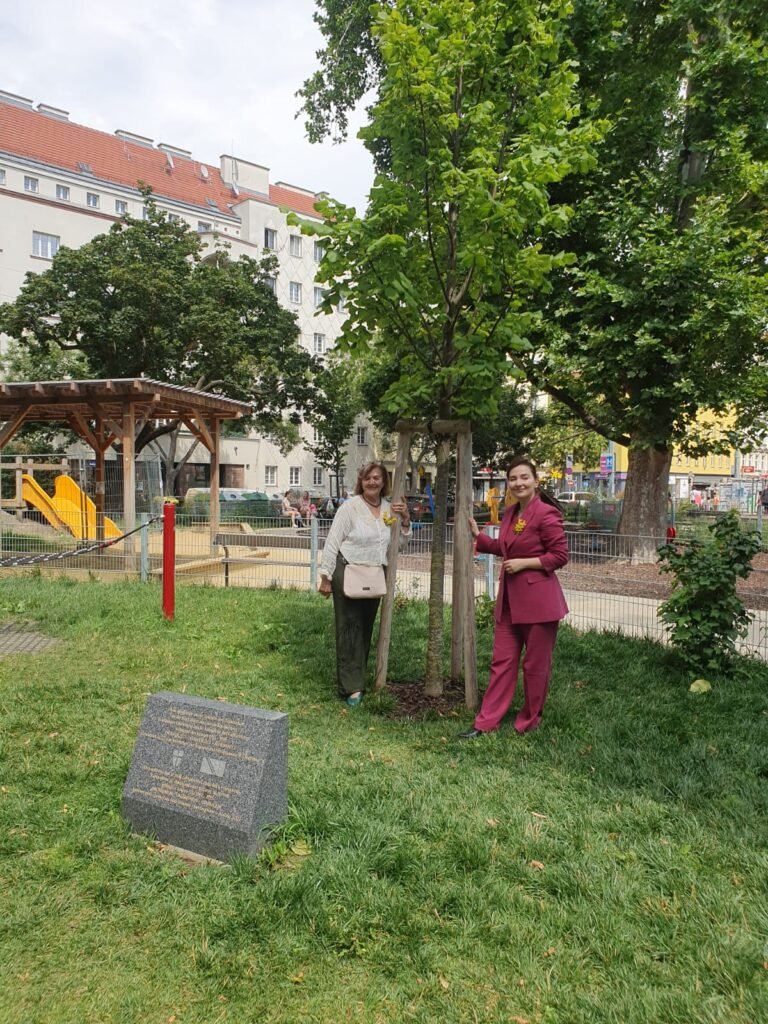

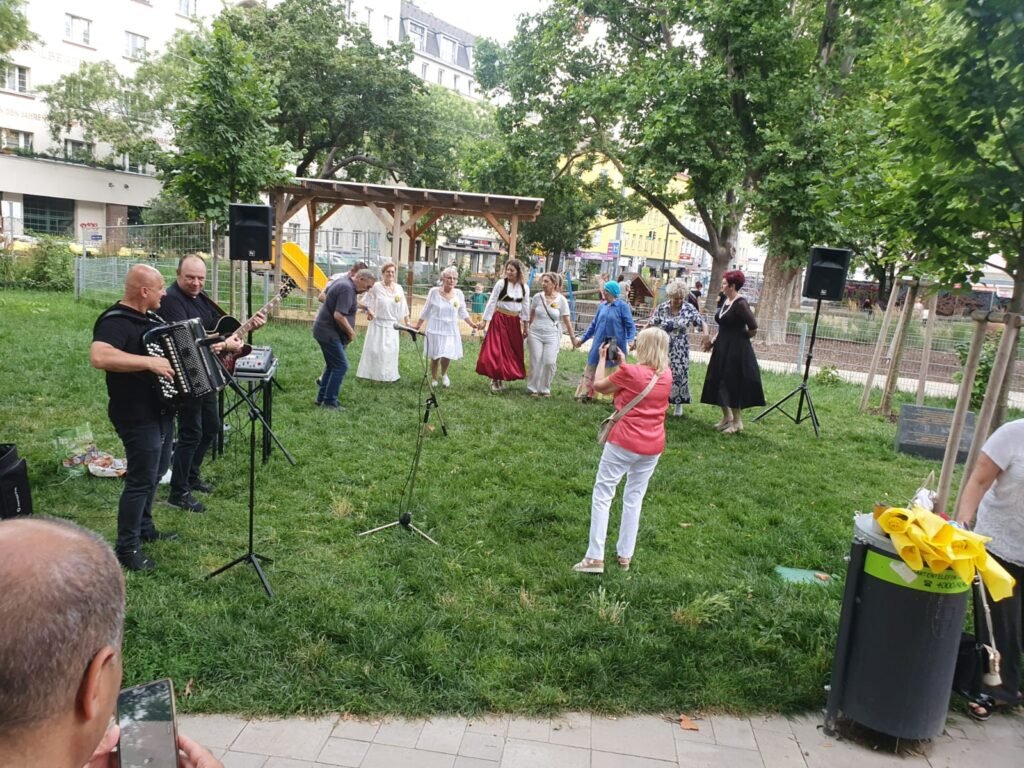
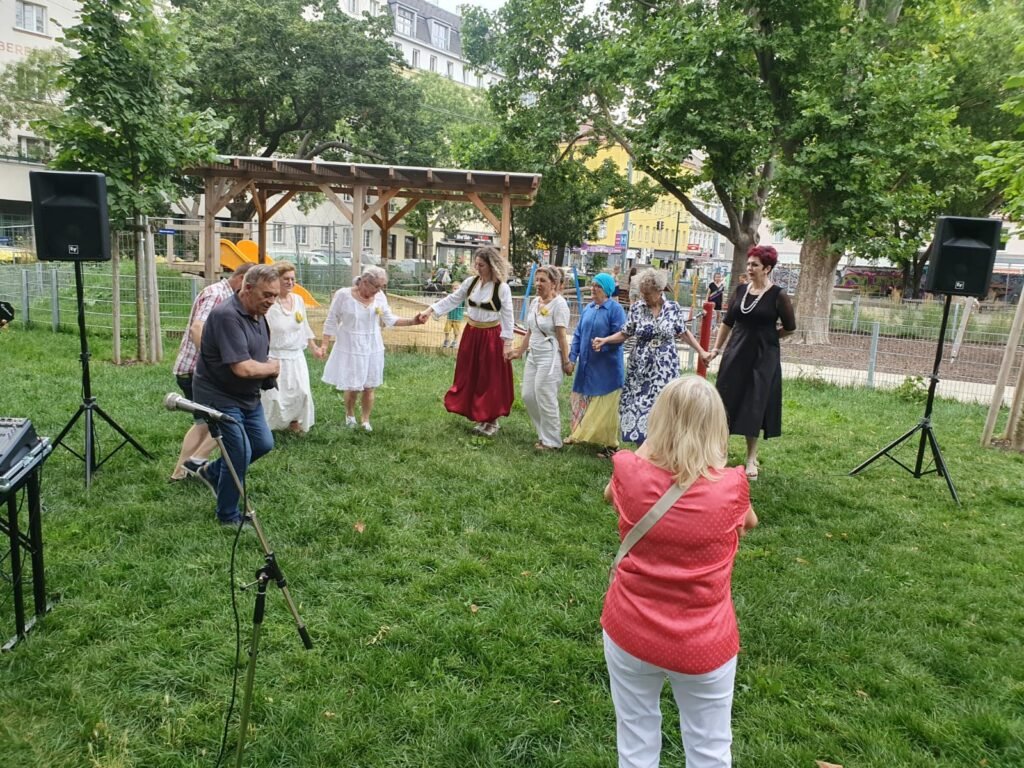
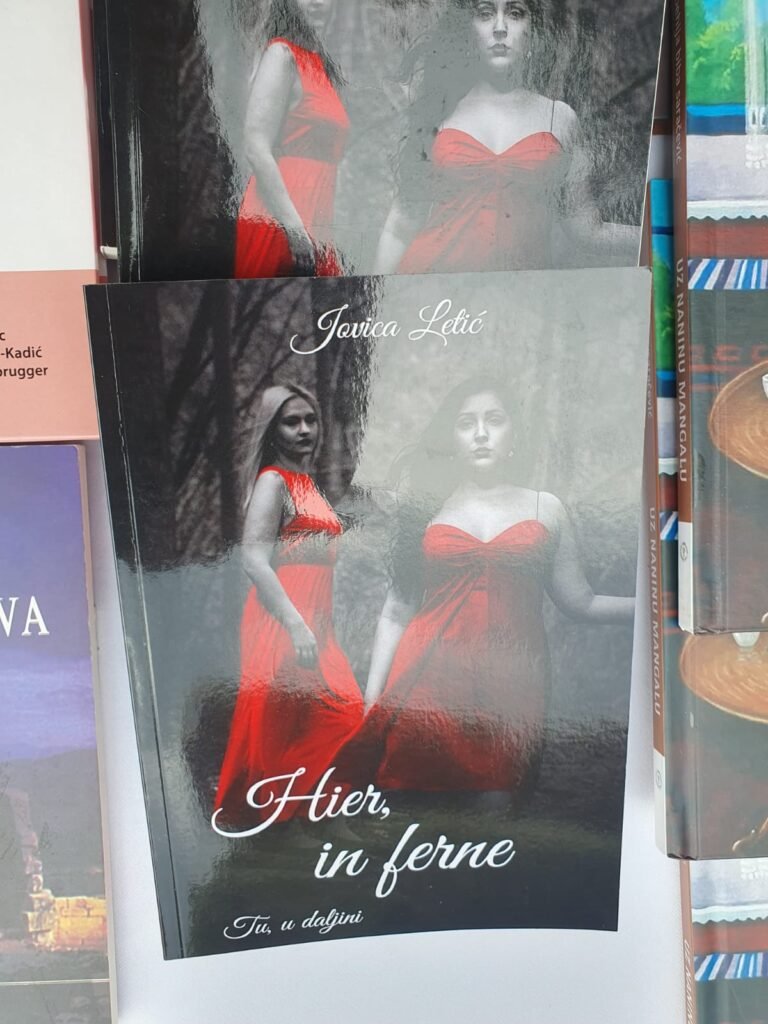
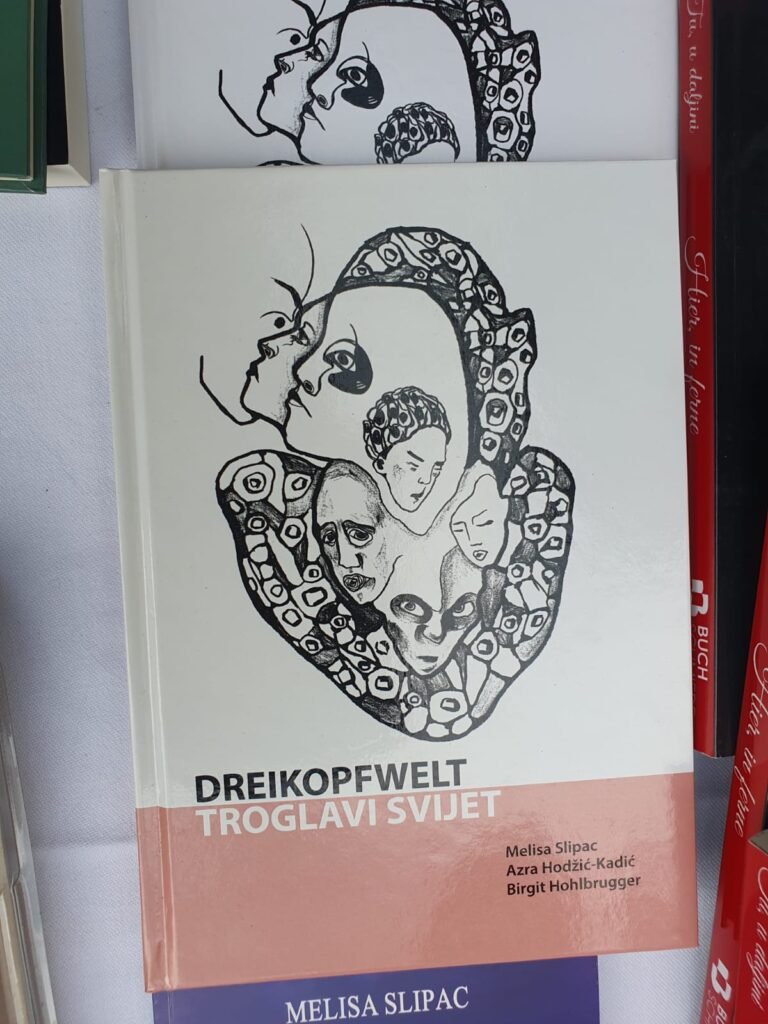

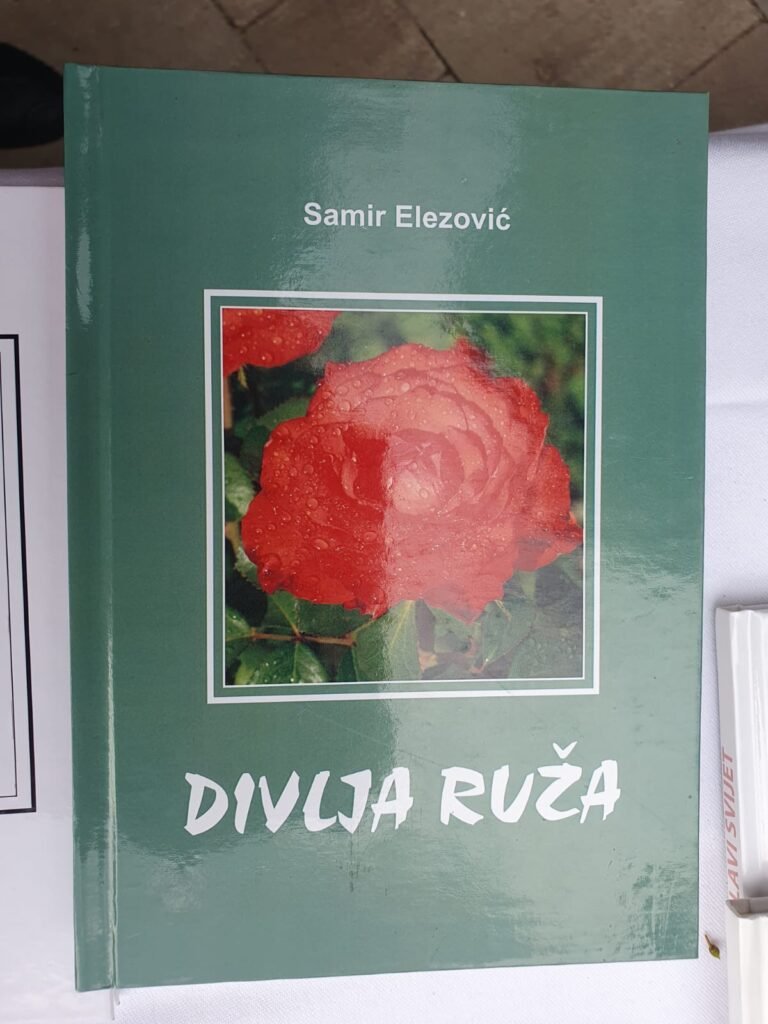
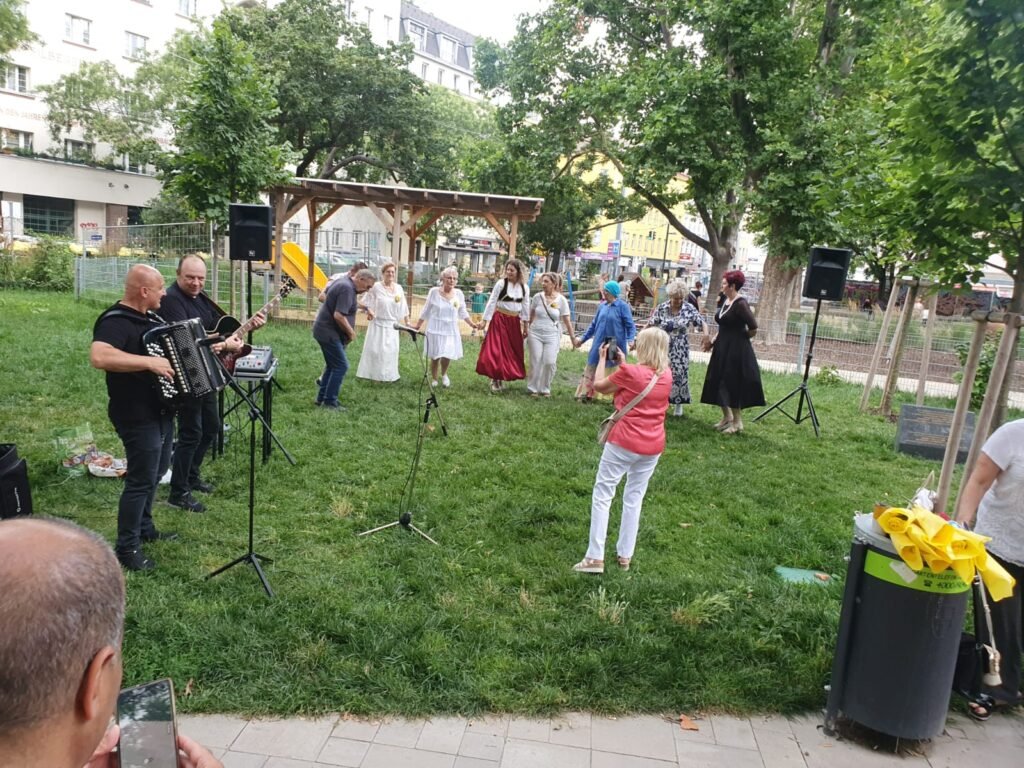
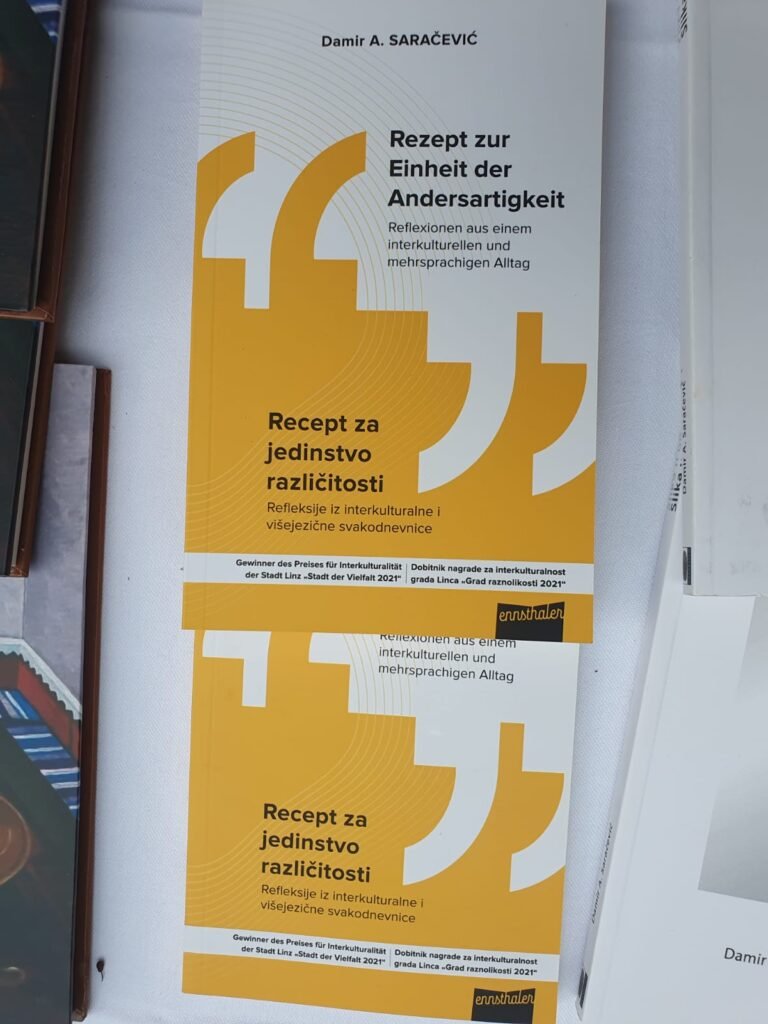
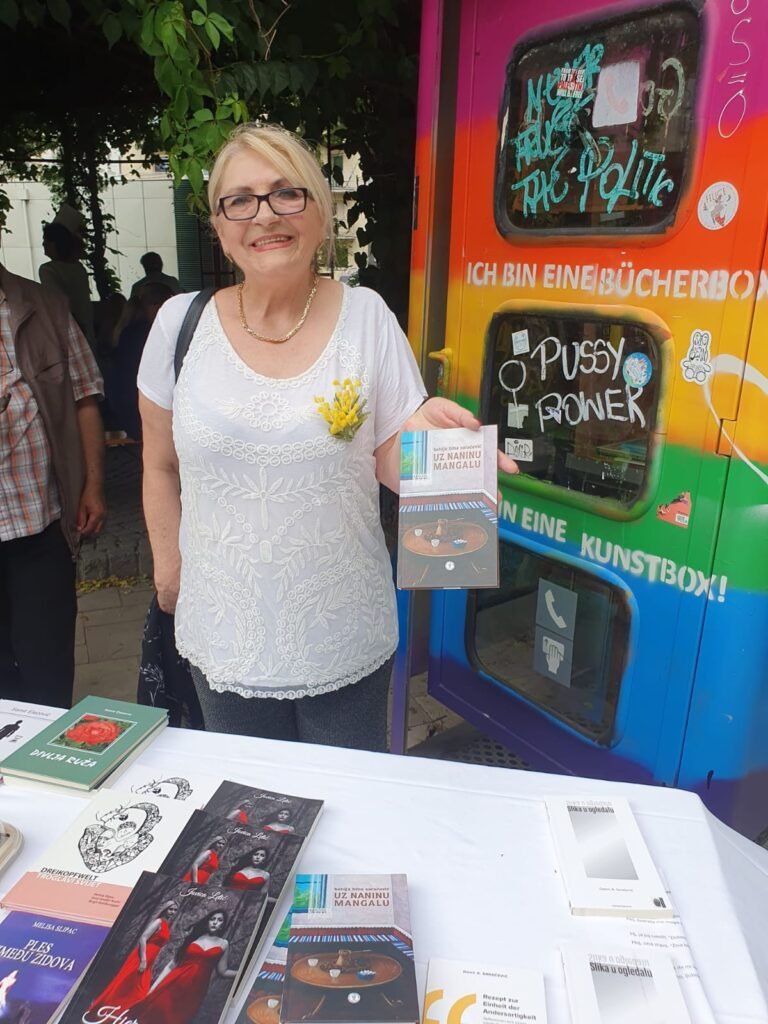

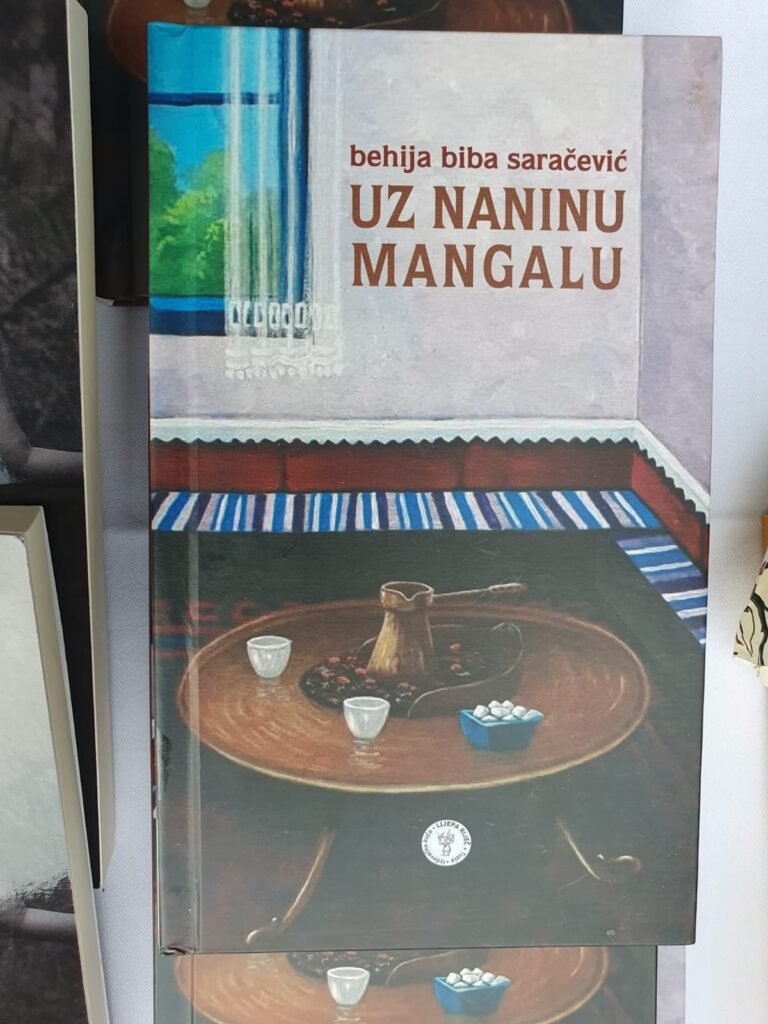

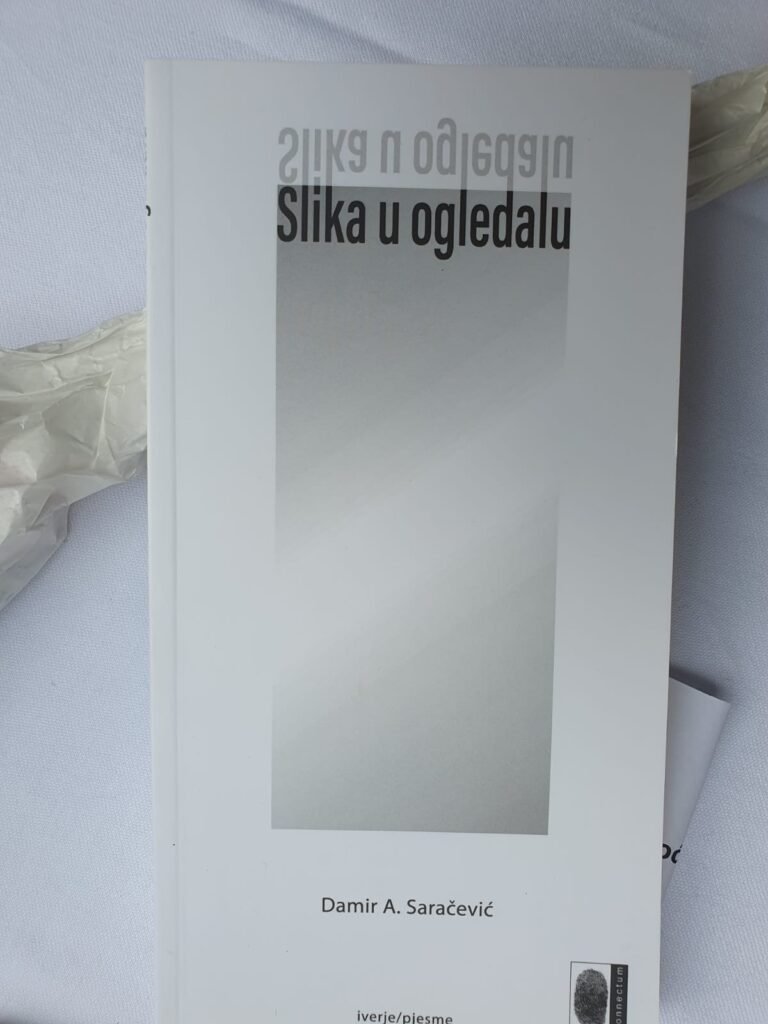
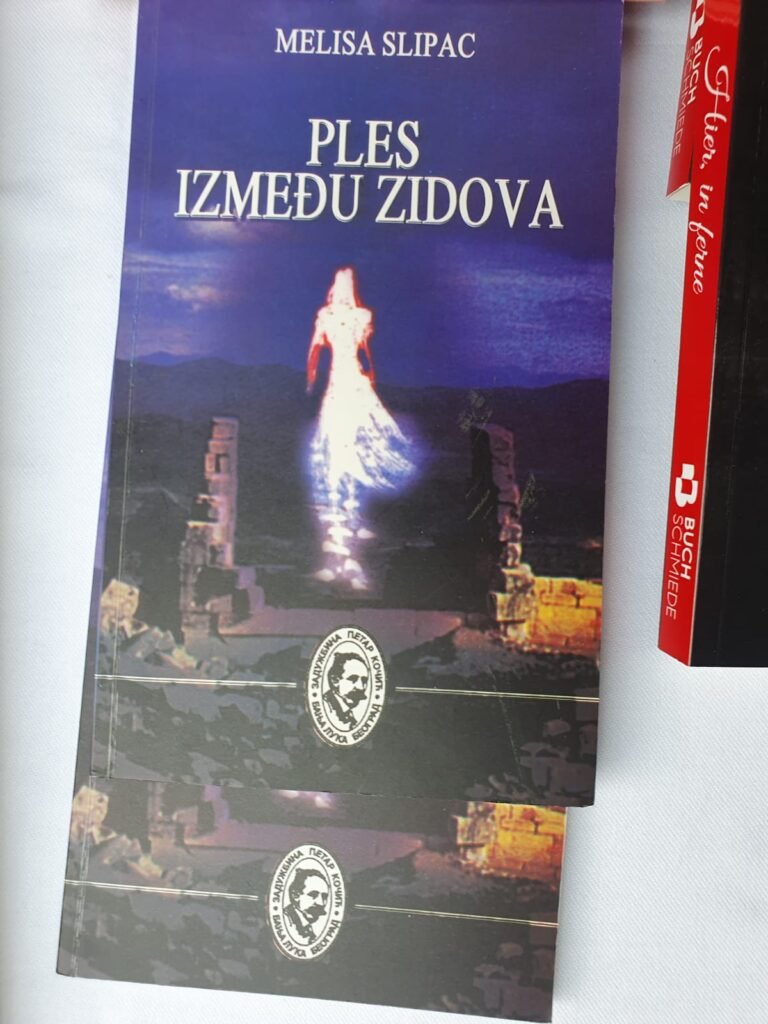
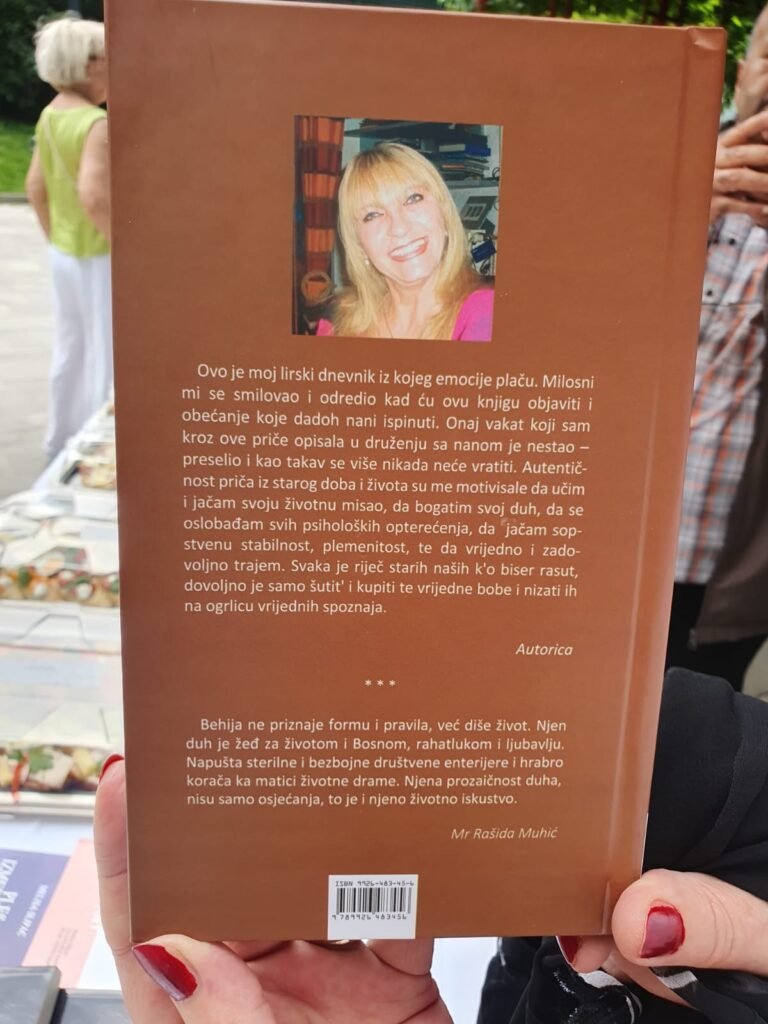
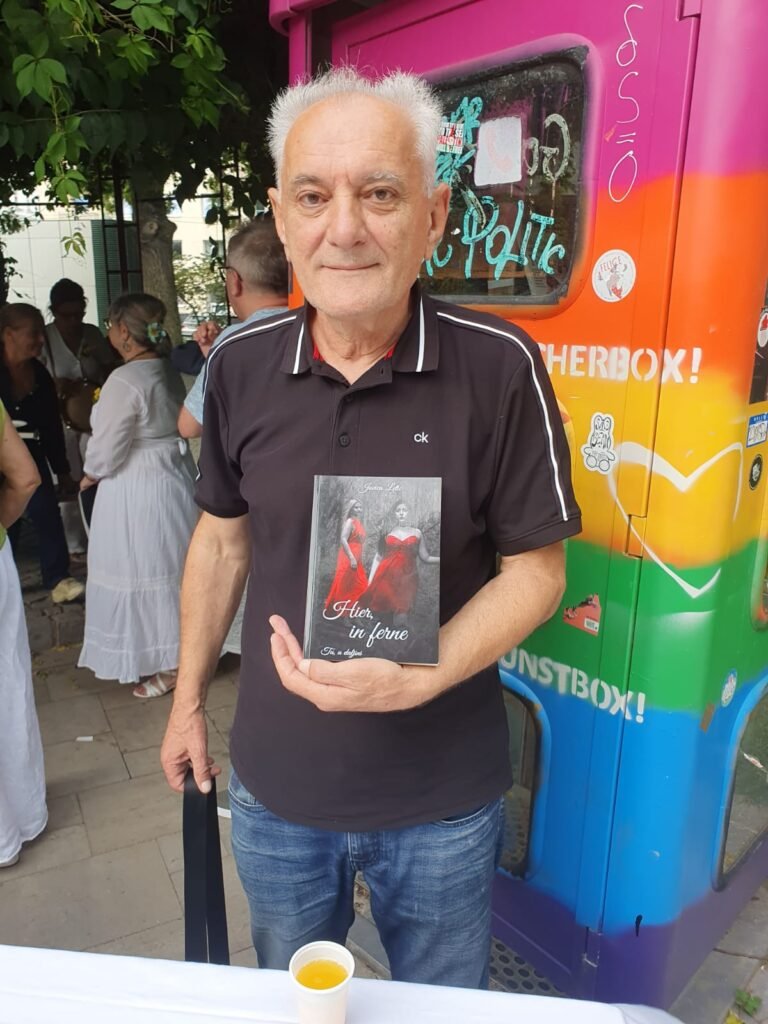
Frequently Asked Questions
Lovely just what I was searching for.Thanks to the author for taking his clock time on this one.

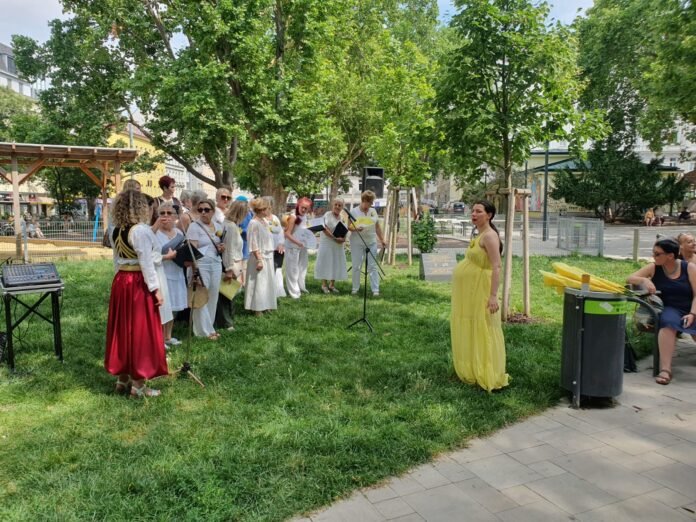
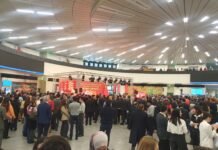
My partner and I absolutely love your blog and find the majority of your post’s to be just what I’m looking for. can you offer guest writers to write content for you? I wouldn’t mind composing a post or elaborating on some of the subjects you write in relation to here. Again, awesome weblog!
Way cool, some valid points! I appreciate you making this article available, the rest of the site is also high quality. Have a fun.
Thanks for the good writeup. It in reality was a entertainment account it. Look advanced to more brought agreeable from you! By the way, how can we keep in touch?
Im not sure the place you are getting your info, however good topic. I needs to spend a while studying much more or working out more. Thanks for excellent information I used to be searching for this information for my mission.
I think this site has some really great information for everyone. “The expert at anything was once a beginner.” by Hayes.
You made some good points there. I did a search on the subject matter and found most guys will agree with your website.
Thanks for the sensible critique. Me & my neighbor were just preparing to do some research on this. We got a grab a book from our local library but I think I learned more from this post. I’m very glad to see such fantastic information being shared freely out there.
I’ve been absent for a while, but now I remember why I used to love this site. Thanks, I’ll try and check back more often. How frequently you update your site?
I’m not that much of a online reader to be honest but your sites really nice, keep it up! I’ll go ahead and bookmark your site to come back down the road. Many thanks
Definitely believe that which you stated. Your favorite justification appeared to be on the internet the simplest thing to be aware of. I say to you, I definitely get irked while people think about worries that they just don’t know about. You managed to hit the nail upon the top and also defined out the whole thing without having side-effects , people can take a signal. Will probably be back to get more. Thanks
Lovely just what I was searching for.Thanks to the author for taking his clock time on this one.